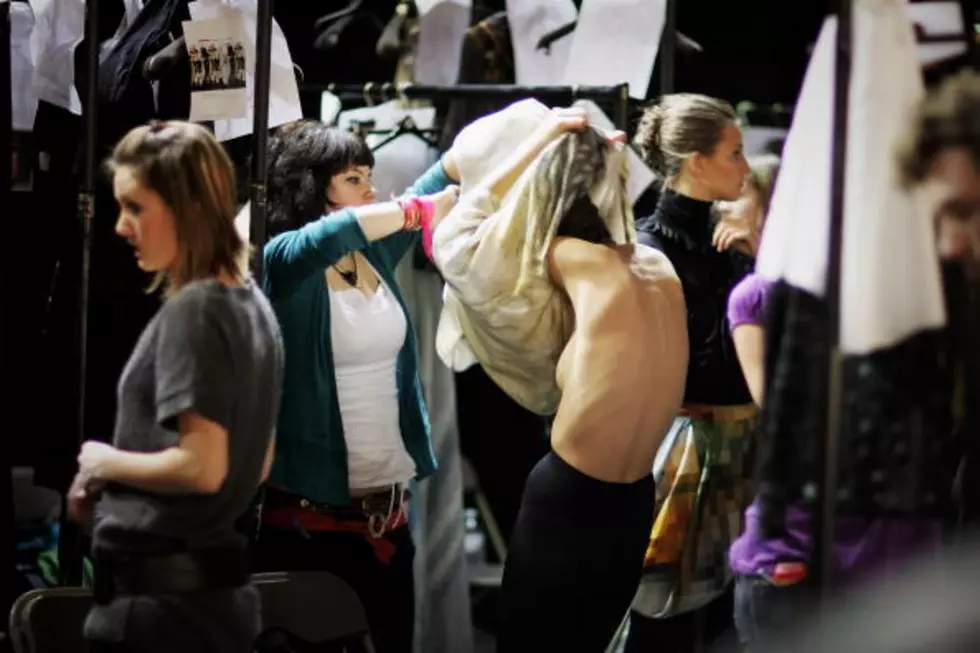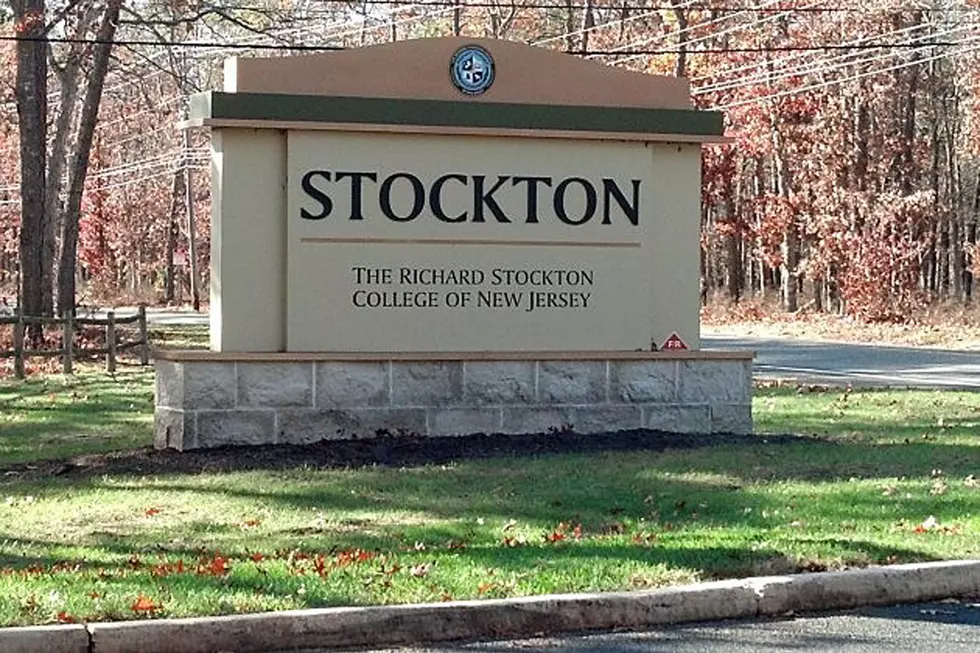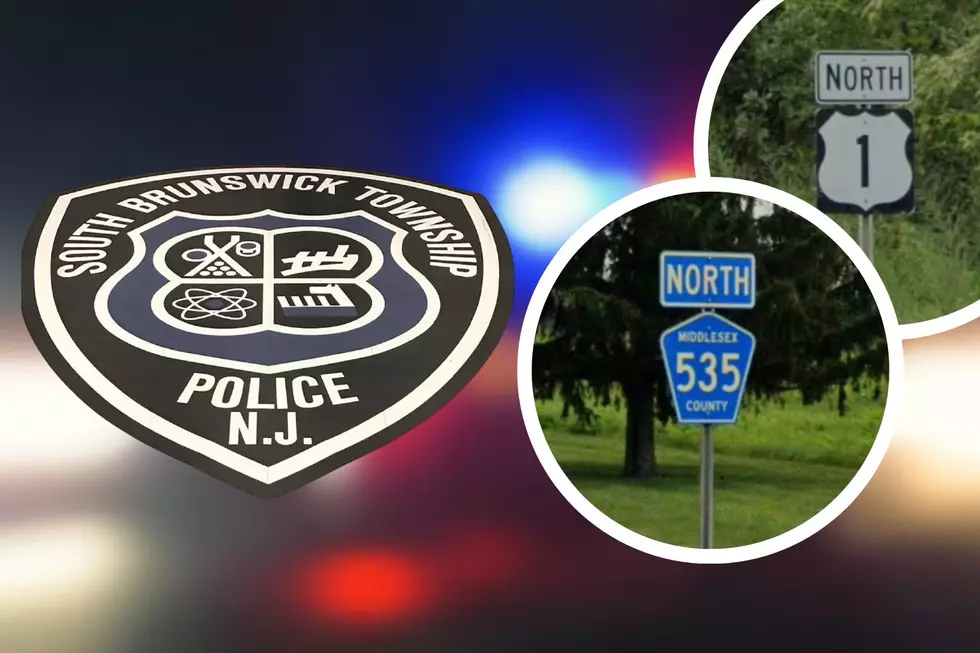
Social media can make eating disorders even worse
It certainly does not cause eating disorders like bulimia, anorexia nervosa or binge eating, but experts agree that social media can accentuate the problem for those suffering with the illnesses.
"Social media can amplify the anxieties and the fixations in people who struggle with eating disorders," said Claire Mysko, head of teen outreach for the National Eating Disorder Association (NEDA). "It's not uncommon for a person with an eating disorder to fixate on a particular body part and obsess over it. Social media provides an environment with an incredible ease of access and level of exposure to images where those with these illnesses can compare themselves to what they perceive as perfect bodies. There is a proliferation of images and content that glorify thinness."
In addition, social media allows users to exchange information and photos about common interests.
For those struggling with eating disorders, sites have been created with images of skinny legs, concave stomachs and bony bodies. They can be accessed by searching hashtags like #thinspogram or #bonespro. The photos on these sites are often accompanied by "thinspirational" messages.
In 2011, NEDA launched Proud2BMe, an interactive website for teens and young adults to develop healthy attitudes about food, weight and body image. A poll conducted by the website found that 86 percent of respondents said that social media makes them feel worse about their bodies.
For those struggling with an eating disorder, first and foremost, it is important to seek professional help. But, it is also important to realize that for every negative social media site, there are just as many positive ones that focus on body acceptance and positive body image.
If you or anyone you know may be struggling with an eating disorder, NEDA has helpline at 1-800-931-2237. Click here to learn more about the types and symptoms of eating disorders.
More From New Jersey 101.5 FM



![Child Eating Disorders: The Signs and Consequences [AUDIO]](http://townsquare.media/site/385/files/2012/08/empty-plate.jpg?w=980&q=75)





